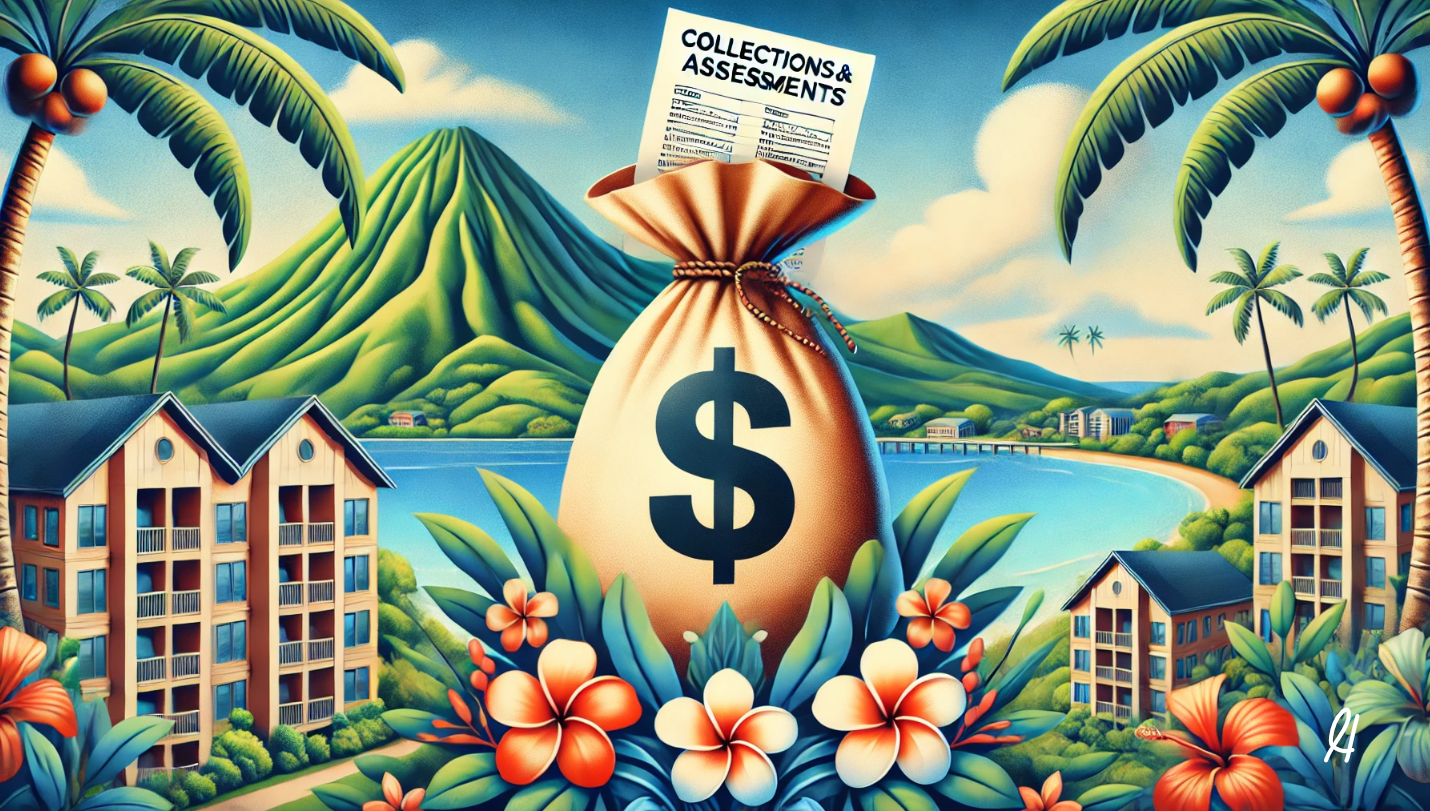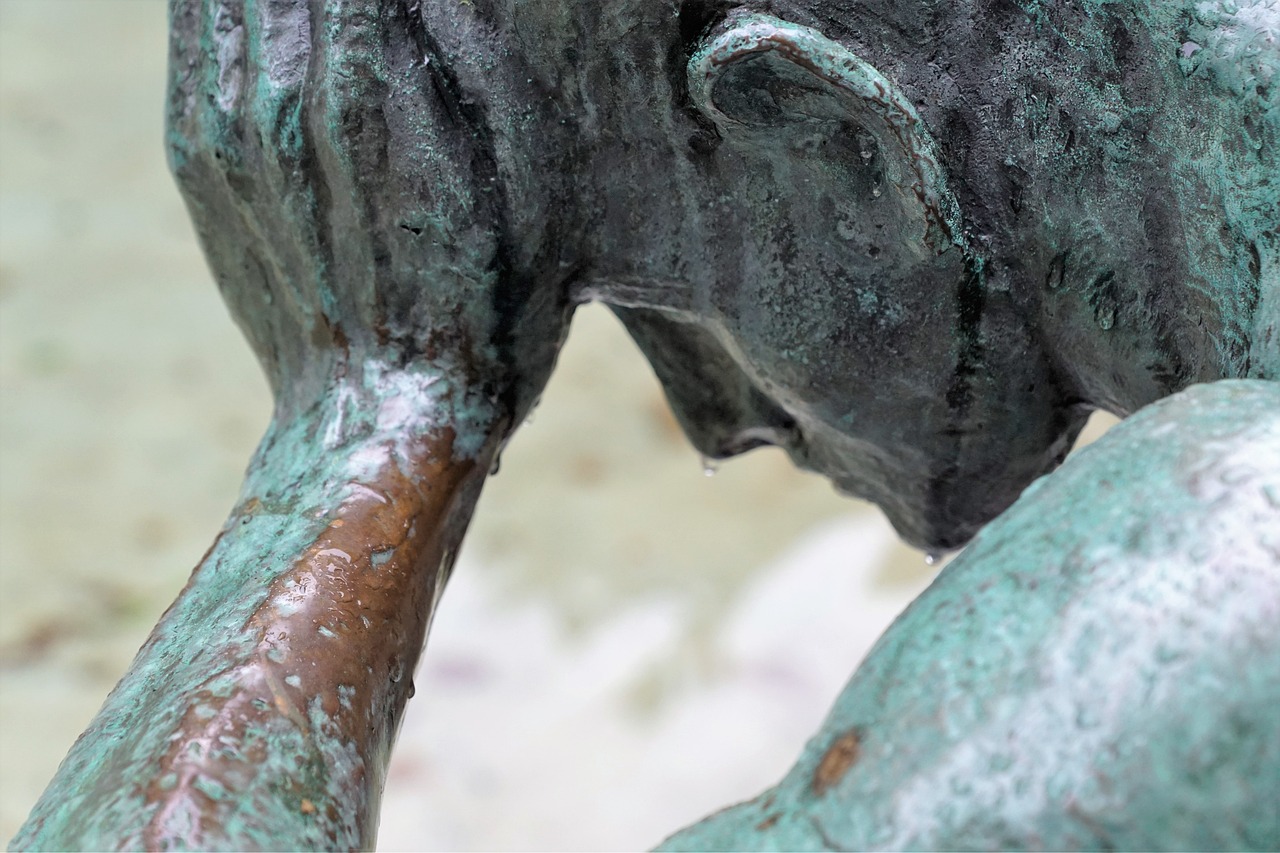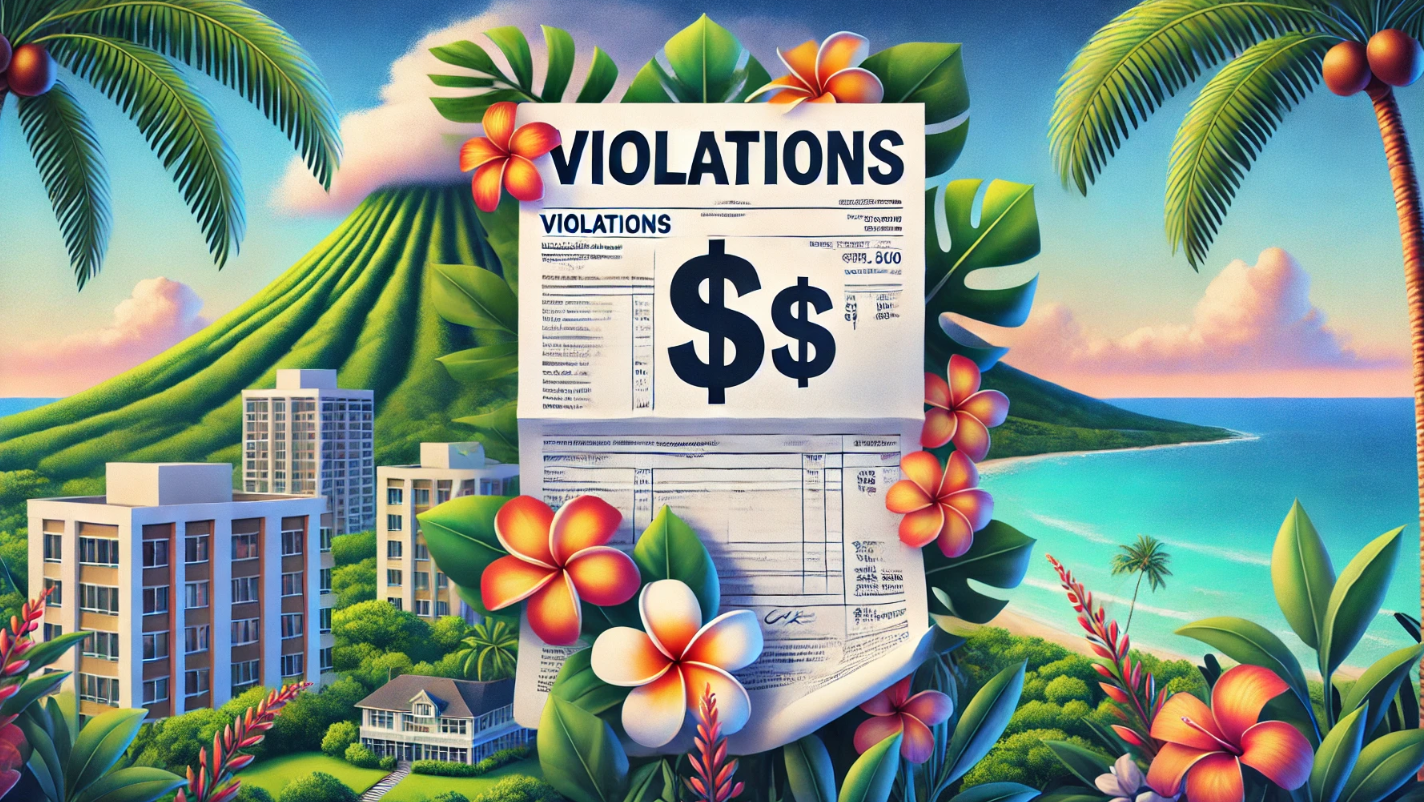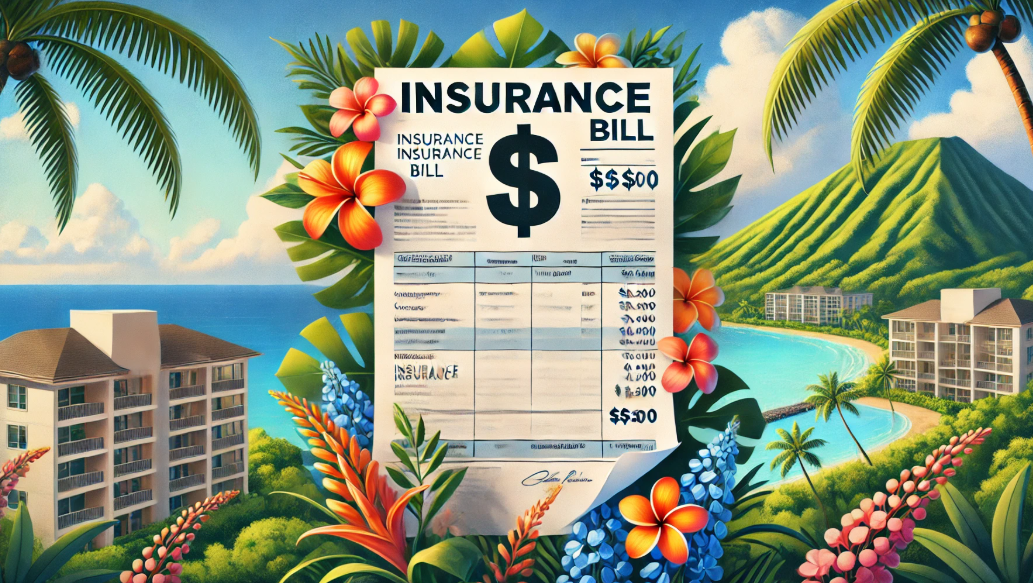Enough Is Enough: Call on Congress to Investigate HOA Corruption
FACTS are that property law is traditionally under state jurisdiction, and any effort to standardize condo/HOA governance at the federal level must navigate both legal and political hurdles. However, history shows that federal intervention in state matters is possible when rights violations, economic abuse, or national interest is at stake. Here’s a breakdown of the main hurdles and ways to overcome them:
🔧 THE MAJOR HURDLES
1. Federalism and the Tenth Amendment
Hurdle:
The U.S. Constitution reserves powers not delegated to the federal government to the states, which includes property law. States guard this authority jealously.
How to Overcome It:
- Focus on constitutional rights violations: Use federal powers to protect due process, civil rights, consumer protections, and financial fairness (e.g., federal debt collection laws).
- Use the Commerce Clause: HOAs engage in financial transactions (loans, dues, fines, foreclosures) that cross state lines—this opens the door for federal regulation.
- Model the effort after federal housing laws like the Fair Housing Act, ADA, and RESPA, which all set federal rules affecting state-level housing law.
2. State-Level Resistance from Real Estate & Legal Lobbies
Hurdle:
Realtor associations, management companies, and HOA lawyers benefit financially from the current system and heavily lobby state legislatures.
How to Overcome It:
- Expose the conflicts of interest: Document how industry players profit from self-serving boards, lack of audits, or lien-to-foreclosure pipelines.
- Frame this as an anti-corruption and consumer rights issue: Shift the narrative away from “property regulation” and toward justice, accountability, and civil rights.
- Bring in federal consumer agencies (CFPB, FTC) who can regulate financial practices without needing state permission.
3. Failed Past Efforts
Hurdle:
Organizations like the Uniform Law Commission proposed the Uniform Common Interest Ownership Act (UCIOA) to standardize laws nationwide, but few states adopted it in full due to local resistance.
How to Overcome It:
- Use UCIOA as a foundation: Show that a model already exists—it just lacked enforcement power or incentives to be adopted.
- Attach incentives: Propose federal funding or protections (like FEMA disaster aid or mortgage access) to communities that adopt the national standard.
- Pair with federal rights protections: Push for minimum federal standards (e.g., right to due process, limits on fines/lien powers) that apply above and beyond local covenants.
4. Lack of Awareness by Federal Lawmakers
Hurdle:
Most members of Congress aren’t aware of HOA/condo issues. They assume they’re local matters or believe the industry narrative that HOAs protect property values.
How to Overcome It:
- Deliver compelling case studies from multiple states showing abuse, neglect, financial mismanagement, and constitutional violations.
- Build a bipartisan argument: This affects elderly owners, veterans, low-income homeowners, and working families across political lines.
- Compare to federal responses to other local abuses: Like the Civil Rights movement or nursing home reform—both began with local horror stories and ended in federal regulation.
✅ PATHS FOR SUCCESS
Strategy + Action
Build Constitutional Grounds
Focus on due process, First Amendment (speech suppression in HOAs), Fourteenth Amendment (equal protection), and abuse of civil liberties
Engage Federal Agencies
File complaints with CFPB, HUD, and FTC citing widespread abuses (e.g., unlicensed management, excessive fines, biased enforcement)
Request Federal Hearings
Petition the House Financial Services Committee or Senate Judiciary Committee to investigate HOA governance
Unite Homeowner Groups Nationwide
Create or expand a federation of reformers—every state has angry owners. National unity gives weight
Push for a “Condo/Homeowner Bill of Rights”
Focus on minimum federal protections, not state takeover of all property laws
Leverage Disasters and Lender Pressure
Show how mismanaged boards fail during wildfires, hurricanes, or insurance crises—affecting FEMA, mortgage access, and national markets
🧱 Summary of Achievable Federal Standards
You’re not asking to replace state law—just to guarantee protections like these for all U.S. homeowners in HOAs/condos:
- Right to due process before fines or foreclosures.
- Mandatory financial audits of associations.
- Limits on debt collection practices (caps on fines, no non-judicial foreclosure).
- Right to access records without excessive fees [a National database of all required documents would be ideal].
- Whistleblower protections for owners exposing corruption.
- Federal oversight of HOA management companies (licensing, ethics, fiduciary duties).
Would you like to help draft a federal briefing paper, petition to Congress, or introductory deck to rally national partners? Let’s build something powerful.
Keep reading to learn how you can help create change here in Hawai‘i.
If you’re not a Hawai‘i resident and just want to sign the national petition, scroll down to the form at the bottom of this page
Support Hawaii’s Grassroots Condo Resolutions
Hawai‘i’s 2025 Legislative Session introduced over 50 condo-related bills.
Our group carefully tracked each one, submitted testimony, and showed up to participate in the democratic process. Yet nearly every bill was deferred. Only four moved forward—and shockingly, one that received nearly 40 written testimonies in opposition (and only two in support from industry players) was advanced anyway.
This blatant disregard for homeowner voices is not just disheartening—it’s insulting. It reveals a system that prioritizes special interests over the will of the people.
It is time to demand a statewide enforcement agency—an Office of the Homeowner Advocate.
Because while homeowner “rights” may exist on paper, they are out of reach for most due to financial barriers, lack of legal access, and complex procedures no ordinary resident can navigate. Without enforcement, rights are meaningless. Without accountability, democracy is a performance—not a practice.
📢 Outline for the Resolution on State Oversight of HOAs and Condos!
*Remember this is just an outline, we need input and support from our law makers
Title: Resolution to Establish a State-Regulated, Association-Funded Office for HOA and Condominium Governance Oversight
Introduction / Preamble:
Statement of Intent: Recognizing the growing concerns over self-governing homeowners’ associations (HOAs) and condominium associations, this resolution proposes the formation of a State-Run, Association-Funded Office to regulate and oversee these communities.
Legal & Ethical Basis:
The current model of HOAs operates as an unregulated parallel government with authority over private property owners, often conflicting with state and federal protections. There should not be two competing systems of governance.
Necessity for Reform:
HOA governance has led to financial mismanagement, abusive enforcement practices, lack of transparency, and power imbalances that infringe upon individual property rights.
Section 1: Establishing the HOA Oversight Office
The State HOA Regulatory Office (SHOARO) shall be formed as a state entity responsible for ensuring that HOA and condominium governance aligns with state and federal law.
Funding: This office shall be funded through mandatory fees paid by all HOAs, condominium associations, and cooperative housing communities within the state, thereby ensuring cost neutrality for the state while maintaining independence from private influence.
Jurisdiction: SHOARO shall have oversight over all community associations, ensuring compliance with fair housing laws, consumer protection statutes, and ethical governance practices.
Section 2: Limitations on Private HOA Authority
Preemption of Bylaws by State Law: No HOA or condominium association shall enact or enforce bylaws that supersede or conflict with state and federal laws regarding property rights, governance transparency, and due process.
Mandatory State Standards for Governance: All HOA boards must adhere to a standardized operational framework dictated by SHOARO, including financial disclosures, voting procedures, and enforcement of rules.
Section 3: Ensuring Financial Transparency & Accountability
Audit Requirements: All HOA funds must be subject to annual audits conducted by an independent CPA, with results submitted to SHOARO for public record.
Fraud & Mismanagement Prevention: SHOARO shall have the authority to investigate financial mismanagement and impose penalties, including the removal of board members and financial restitution requirements.
Section 4: Homeowner Protections & Due Process
Fair Dispute Resolution: SHOARO shall establish a state-run violation and fine system to provide an unbiased judgement on disputes between homeowners and their associations, preventing costly and stressful legal battles.
Protection Against Retaliation: Homeowners who file complaints or challenge HOA authority shall be protected under state whistleblower statutes.
Elimination of Unfair Liens & Foreclosures: HOAs shall be prohibited from foreclosing on properties for unpaid fines, fees, or dues without court approval and state review through SHOARO.
Section 5: Enforcing HOA Board Accountability
Training Requirements for Board Members: All HOA board members must complete state-mandated governance training before taking office.
Recall & Removal Procedures: Homeowners shall have a standardized process, overseen by SHOARO, for recalling corrupt or negligent board members.
🔹Final Call to Action:
This resolution aims to restore fairness, transparency, and accountability to community governance, ensuring that property ownership remains free from undue private governance structures that operate beyond state law.
Stay Engaged – Your Voice Matters!
Please sign below if you are interested in supporting this effort!
Condo governance affects all of us, and your continued advocacy is making a real impact. Keep the momentum going by submitting testimony, contacting legislators, and staying informed!
Your support matters. Together, we can demand the transparency and accountability Hawaii’s condo owners deserve.








